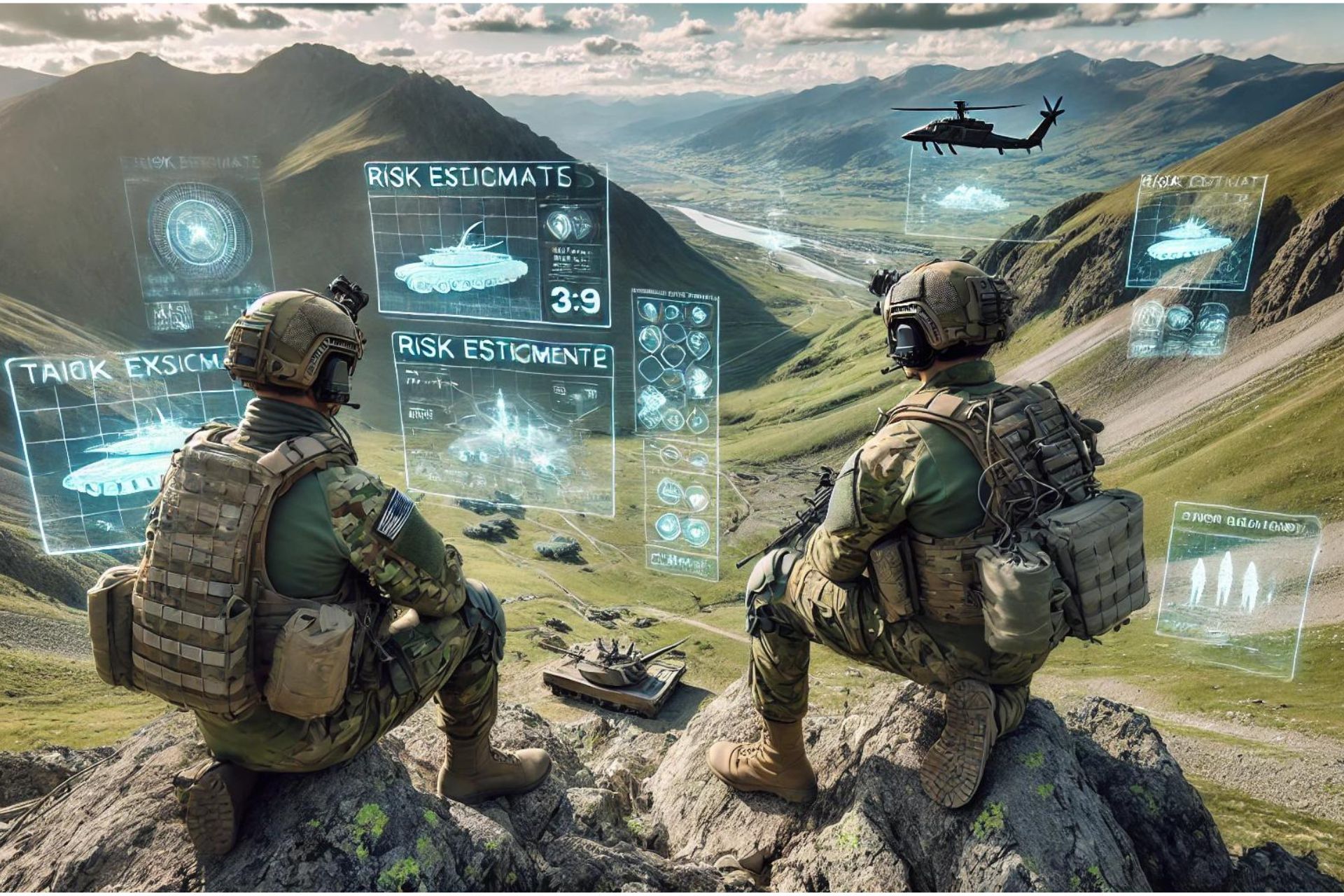Breaking News
Relevance of AI Integration in Military Training: The Case of Mega-Army.
The MEGA-Army application, developed by the Belgian company IDDEA, marks a significant step forward in utilizing artificial intelligence (AI) for identifying and analyzing land-based military equipment. However, its potential extends beyond on-the-ground recognition. MEGA-Army could play a crucial role in future military training programs, especially when integrated into virtual reality (VR) or augmented reality (AR) modules.
Follow Army Recognition on Google News at this link

The integration of the MEGA-Army application into military training programs, particularly when paired with VR and AR technologies, presents a unique opportunity to radically transform how soldiers are trained (Picture source: IDDEA)
Military training programs are undergoing a transformation, driven by emerging technologies such as VR and AR. The integration of the MEGA-Army application into these programs could fundamentally change how soldiers are trained. By using MEGA-Army's advanced AI to identify and provide information on military equipment, both new recruits and experienced soldiers could train in simulated, realistic environments while learning to quickly recognize and assess different types of military hardware.
Virtual reality immerses users in a fully digital world, while augmented reality overlays virtual elements onto the real world. By combining MEGA-Army with these technologies, military personnel could interact with virtual replicas of military equipment in a controlled environment, avoiding the risks associated with handling real equipment.
For example, a soldier could be immersed in a battlefield simulation where they encounter virtual enemy vehicles and weaponry. Using MEGA-Army, they could instantly identify these elements, receive detailed information about their function and vulnerabilities, and thereby improve their skills in equipment recognition and tactical decision-making.
MEGA-Army's AI would not only provide information but could also serve as a virtual mentor. By analyzing soldiers' interactions with the application and identifying errors or knowledge gaps, the AI could tailor training sessions accordingly. This personalized learning approach is especially important in the military context, where mastery of skills is often critical.
Additionally, by combining MEGA-Army's analytical capabilities with tactical VR scenarios, soldiers could participate in training exercises where their decisions are evaluated in real time. The AI could then offer improvement suggestions, correct faulty strategies, and reinforce best practices, creating a continuous and highly effective learning cycle.
Beyond individual training, MEGA-Army could be utilized by commanders to plan and simulate military operations. By integrating the application into large-scale VR simulations, commanders could test different strategies, considering the variety of equipment that MEGA-Army can identify and analyze. This would allow for refining operational plans before execution, reducing risks and increasing the chances of success.
The integration of the MEGA-Army application into military training programs, particularly when paired with VR and AR technologies, presents a unique opportunity to radically transform how soldiers are trained. AI-driven training will become more immersive, interactive, personalized, and effective.
This synergy between AI, VR, AR, and MEGA-Army paves the way for a future where soldiers are not only better prepared but also capable of achieving and maintaining an unmatched level of competence in response to the growing challenges of modern battlefields. The technological advancements introduced by IDDEA through MEGA-Army could become a central element in the military training of the future.
To explore the Mega-Army application, it can be downloaded from the Apple Store and Google Play.


























